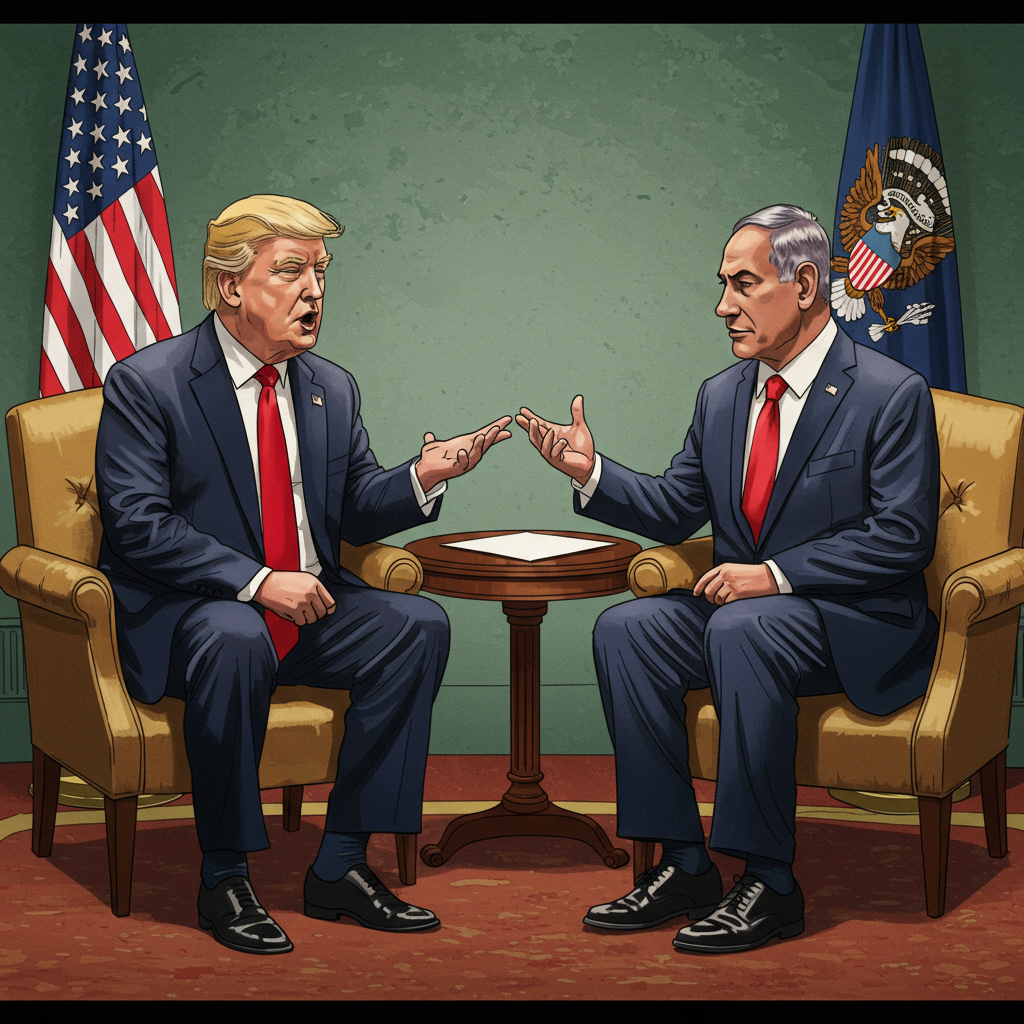US-Canada Trade Dispute Escalates as Trump Halts Talks Over Digital Services Tax
President Donald Trump has announced the immediate termination of all trade discussions with Canada, citing the country’s planned enforcement of a new tax policy targeting large technology companies. The declaration, made via a post on Truth Social, marks a significant escalation in trade tensions just as the neighboring nations were navigating complex negotiations.
Canada’s Digital Services Tax: The Sticking Point
At the heart of the dispute is Canada’s 3% Digital Services Tax (DST). Enacted last year, the law requires large tech companies to pay a levy on revenue earned from Canadian users. The first payments for this tax are reportedly due shortly after Trump’s announcement, with estimates suggesting it could cost major American tech giants like Amazon, Apple, Google, Meta, Uber, and Airbnb billions annually. Notably, the tax is being applied retroactively, with reports indicating a substantial $2 billion bill for U.S. companies due by the end of the month, and potentially generating up to $3 billion total for the Canadian government including charges back to 2022.
President Trump characterized Canada’s DST as an “egregious tax” and a “direct and blatant attack” on the United States. He compared Canada’s action to similar taxes being implemented by the European Union, describing Canada as a “very difficult Country to TRADE with” and citing issues like existing high tariffs on US dairy products.
Trump’s Immediate Response and New Tariff Threat
In his social media post, Trump was unequivocal, stating, “We are hereby terminating ALL discussions on Trade with Canada, effective immediately.” He further warned that the U.S. would inform Canada of the specific tariff rate Canadian businesses would face for trading with the United States within the next seven days. This threat follows prior tariffs imposed by Trump earlier this year, including a 25% levy on Canadian goods and additional duties on steel and aluminum, actions that had already strained bilateral relations.
Canadian Reaction and Outlook
Despite the U.S. president’s strong declaration, Canadian Prime Minister Mark Carney indicated that negotiations would continue. “We will continue to conduct these complex negotiations in the best interest of Canadians,” Carney stated, framing it as an ongoing process.
Industry voices echoed the complexity of the situation. Candace Laing, CEO of the Canadian Chamber of Commerce, which has been critical of the DST as “self-defeating,” acknowledged that “last-minute surprises should be expected” as deadlines approach, while expressing hope for continued progress.
Context: A History of Trade Friction and Negotiating Tactics
The U.S. and Canada share one of the world’s largest trading relationships, with the U.S. being Canada’s top partner, purchasing over $400 billion in goods annually under long-standing agreements. However, this relationship has seen significant friction under the Trump administration, marked by the imposition of tariffs and threats, including a past mention of annexing Canada using “economic force.”
Trump’s latest move is seen by some experts as a typical tactic from his negotiating “playbook” – using public threats, often via social media, to gain leverage or speed up talks. Analysts like Inu Malak suggest that while this creates tension, it could paradoxically refocus attention on Canada and potentially open a path to a deal, albeit on terms perhaps not initially desired by Canada. This comes despite a prior understanding reached during G7 discussions where the Trump administration had reportedly agreed to abandon a “revenge tax” idea in the context of a sweeping tax bill, contingent on other nations potentially dropping DST plans.
The trade uncertainty has broader economic implications. While recent inflation statistics remained stable, economic observers, including Federal Reserve officials, have pointed out the potential risk of increased inflation if trade measures like tariffs continue against key partners. Past tariff actions have already impacted specific sectors and companies, leading to concerns about rising consumer prices (like for toys) and potential disruptions to complex supply chains, such as those in the automotive sector where parts frequently cross the US-Mexico-Canada borders.
As the situation unfolds, the focus remains on whether the U.S. will indeed announce new tariffs next week and how Canada will respond, determining the future trajectory of trade relations between the two closely linked economies.



